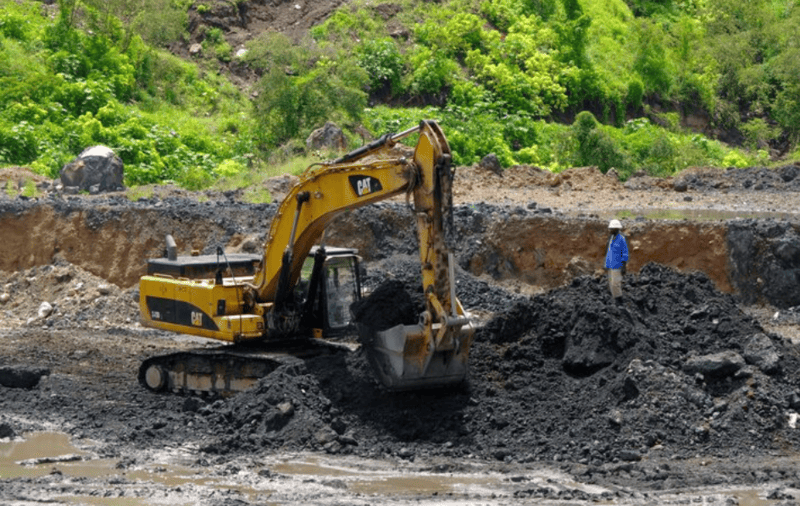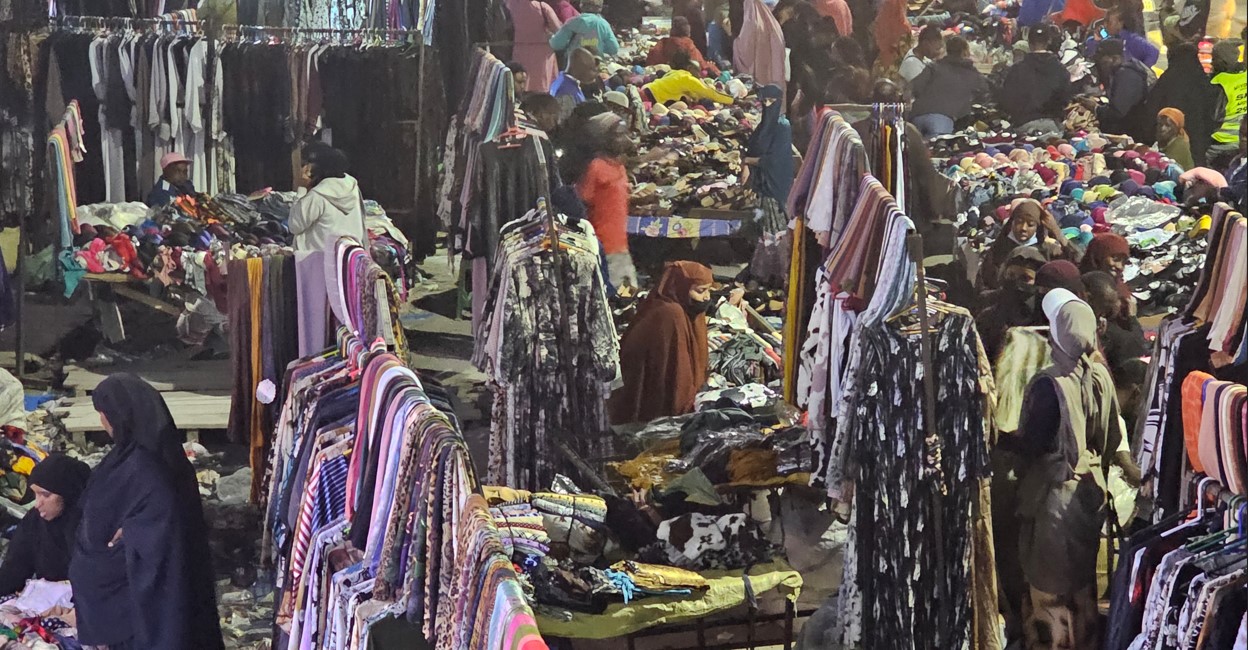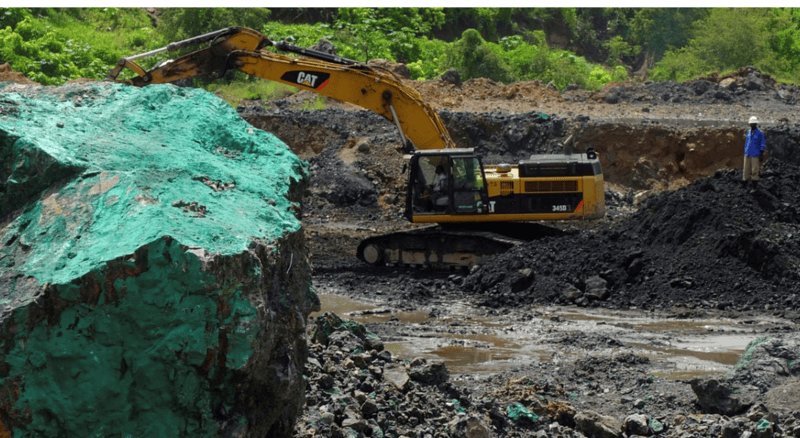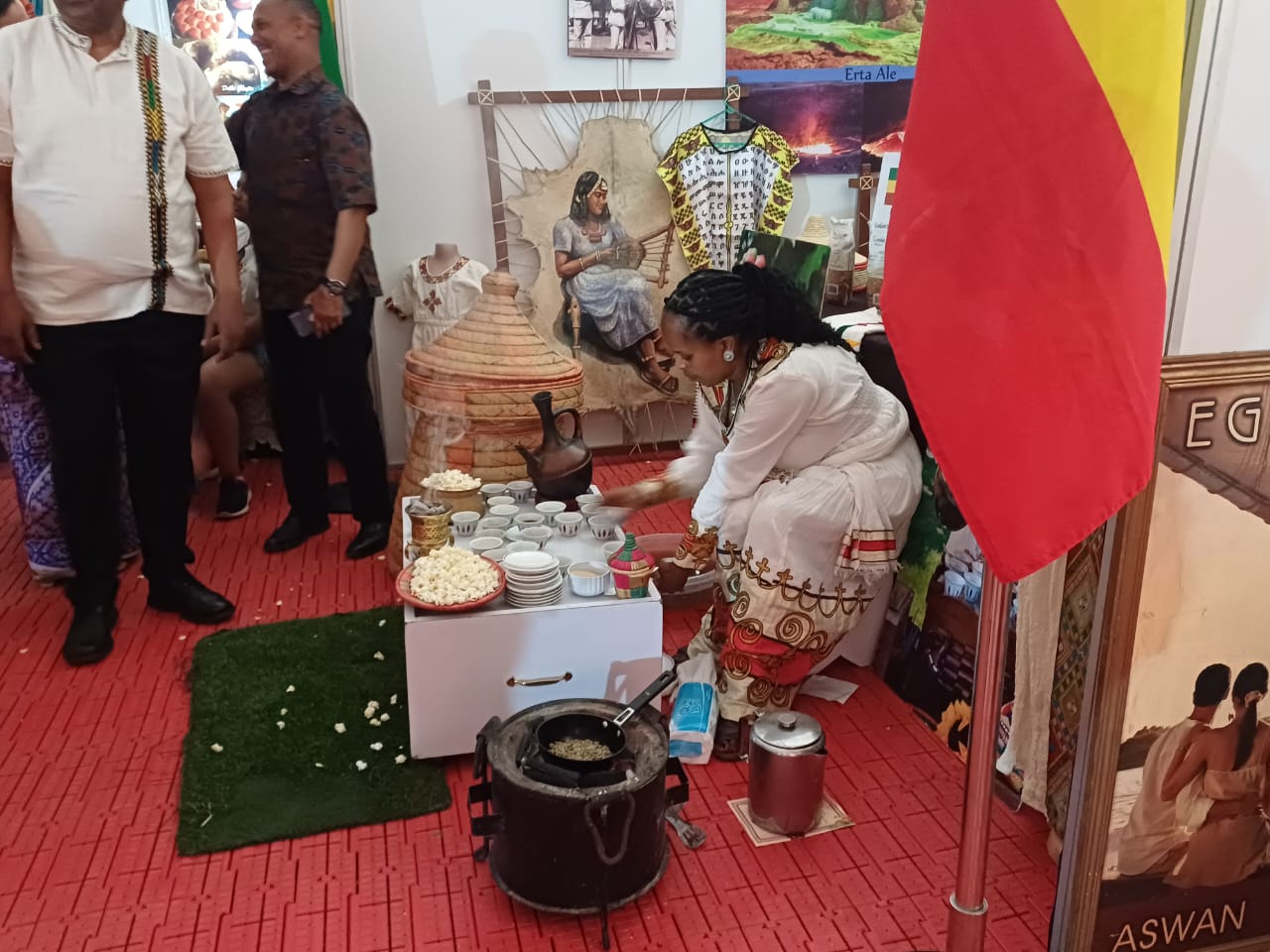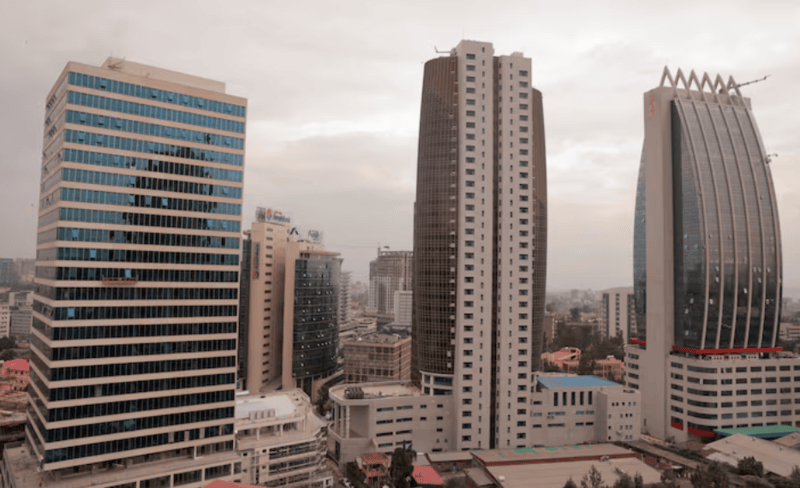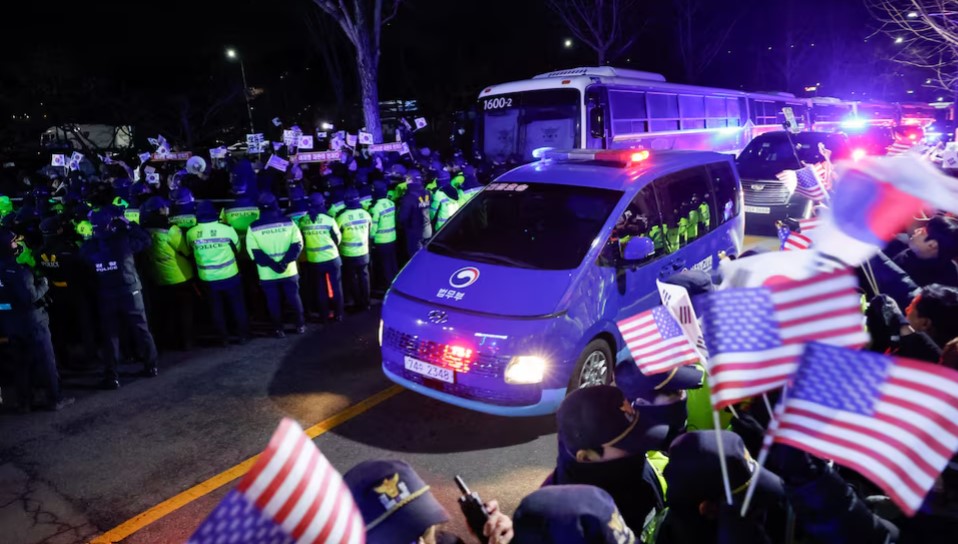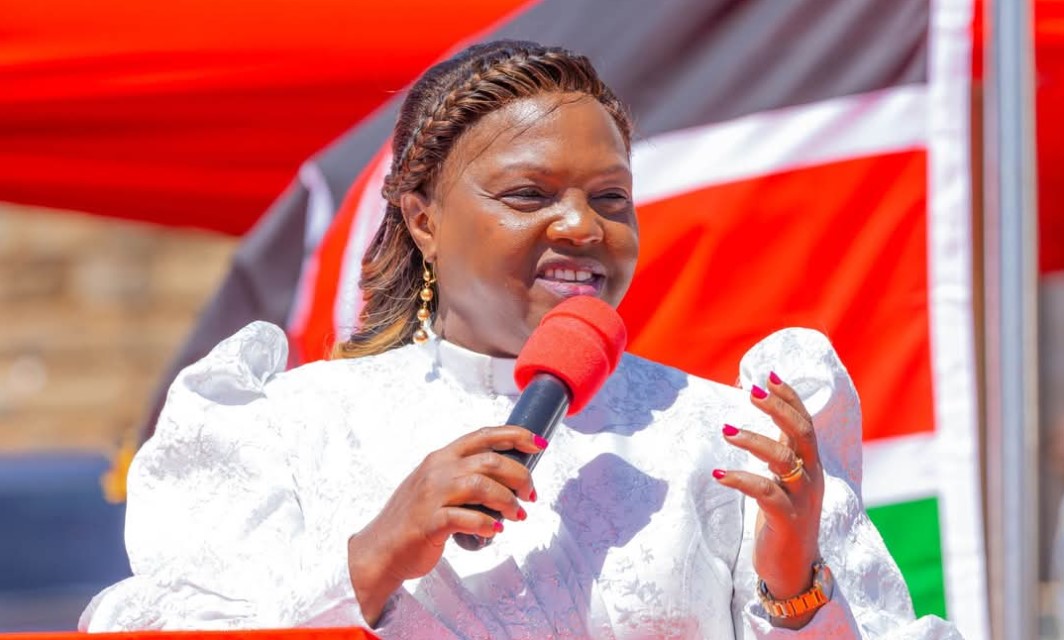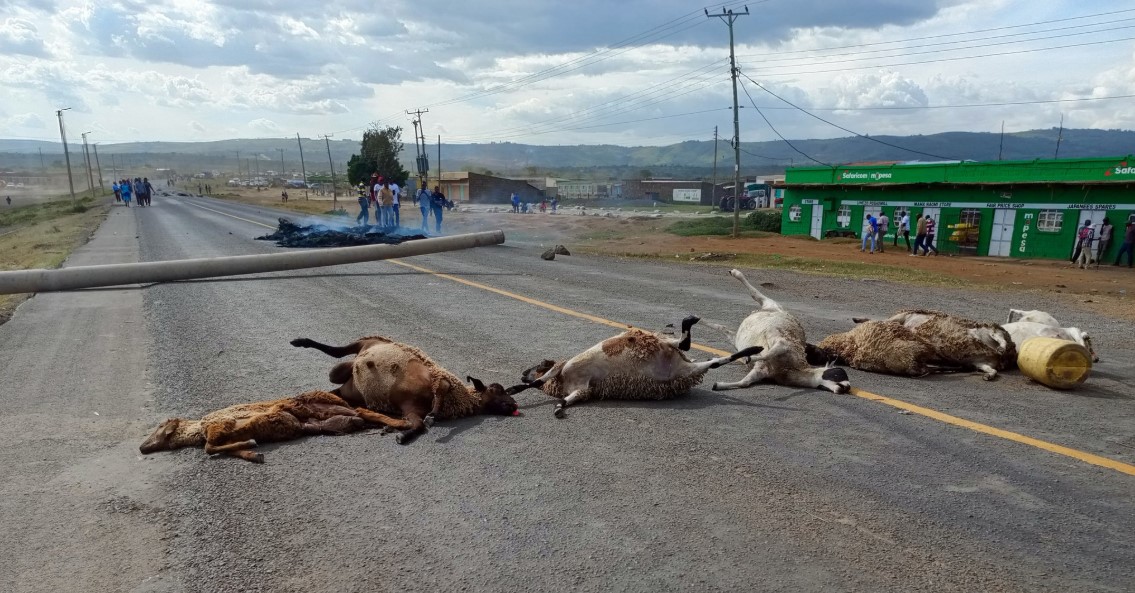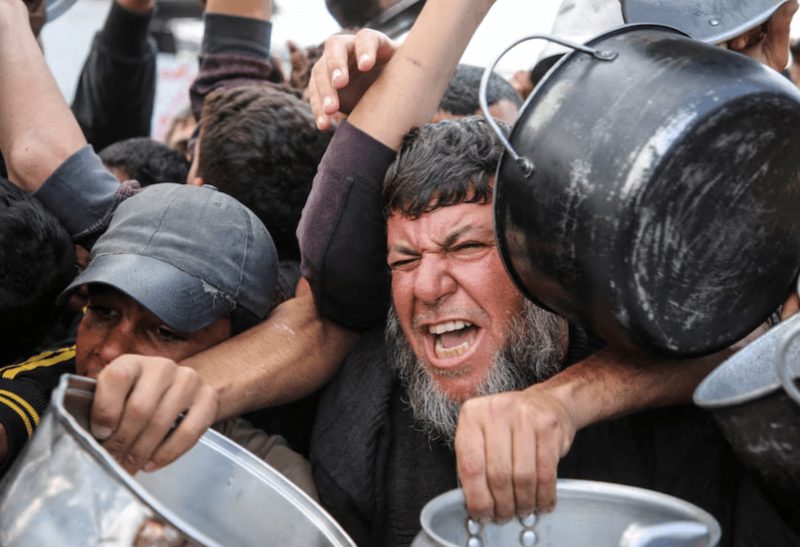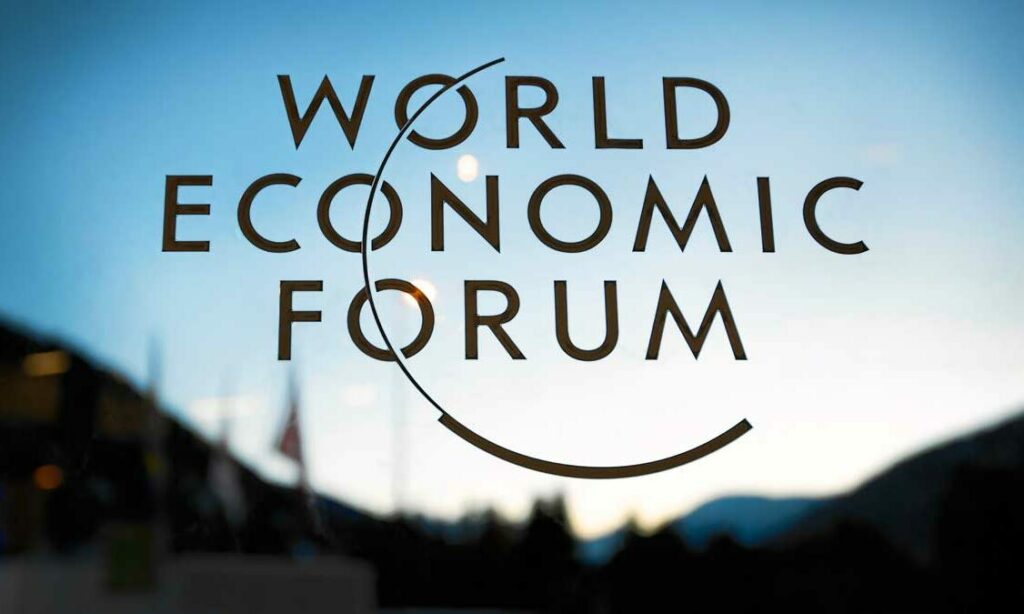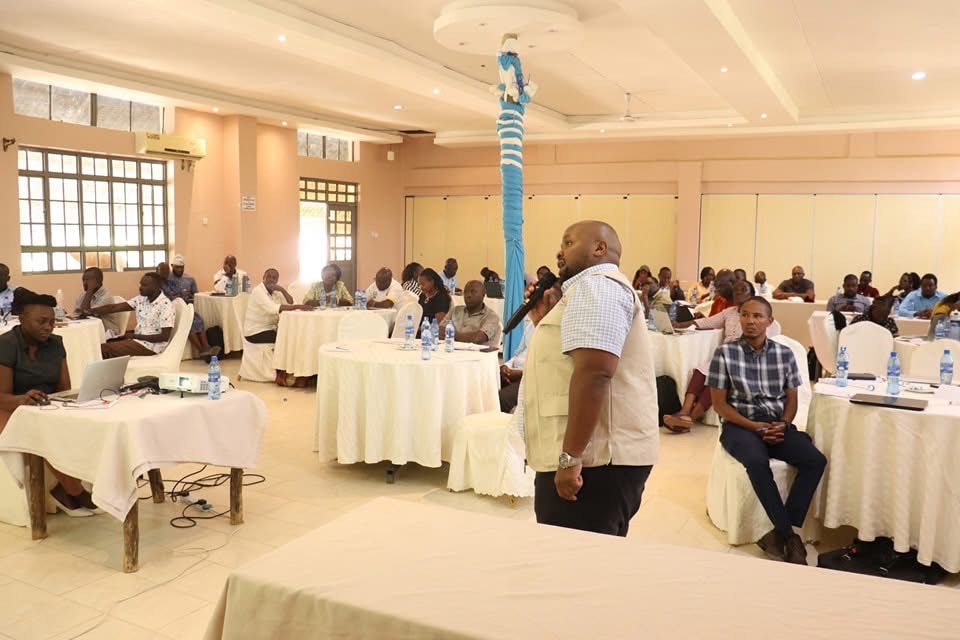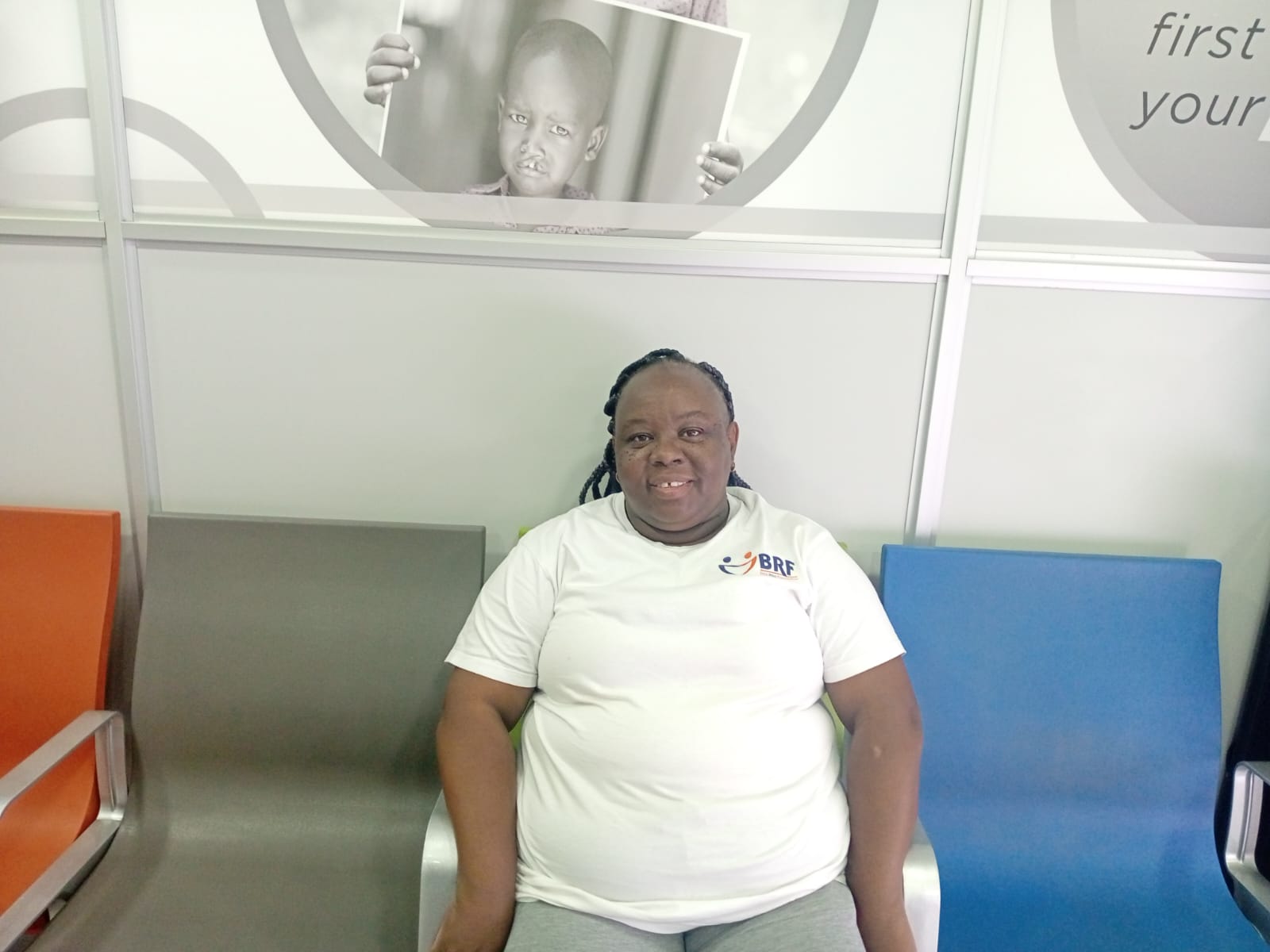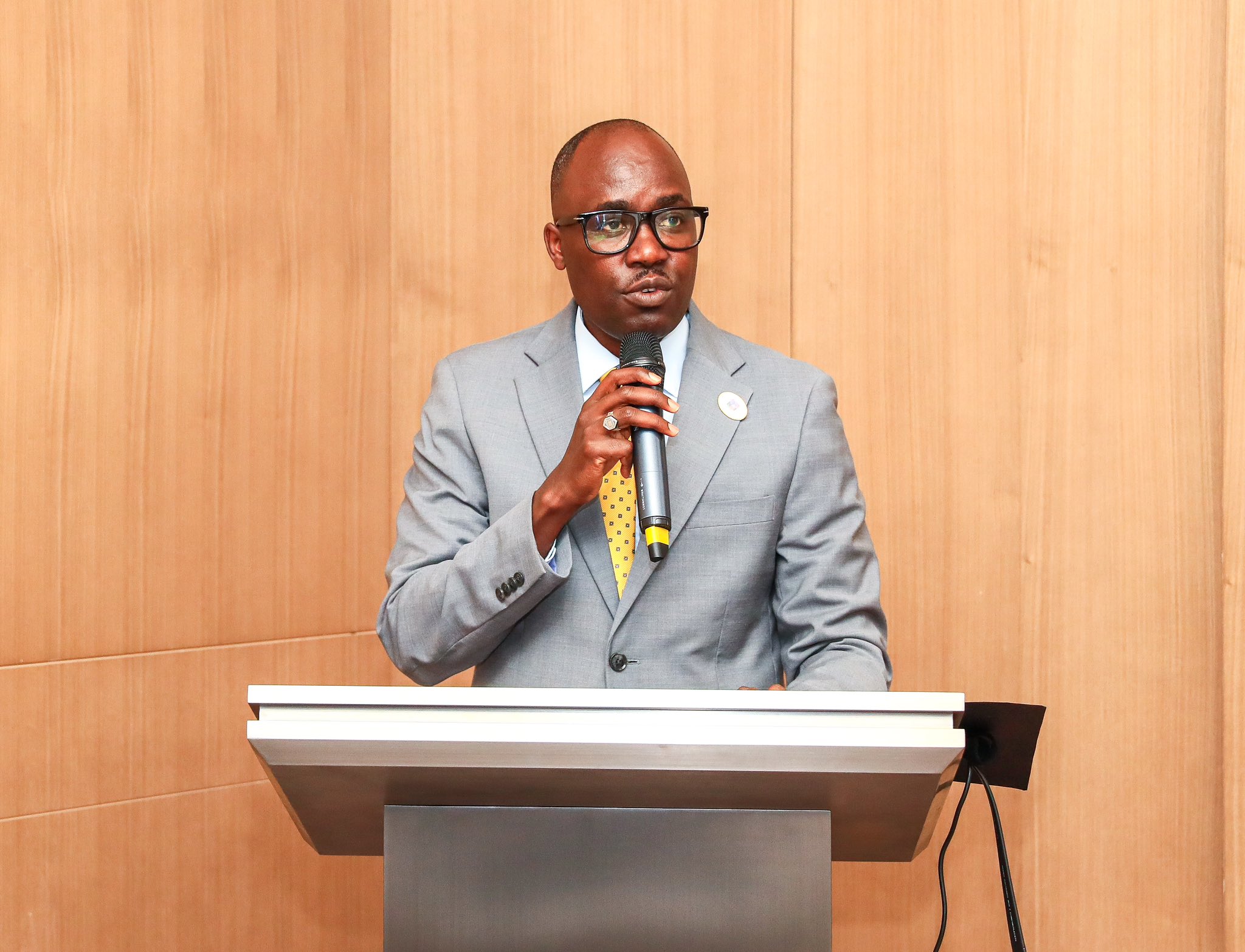Somalia hopes for positive strides in 2025 as country moves away from troubled past
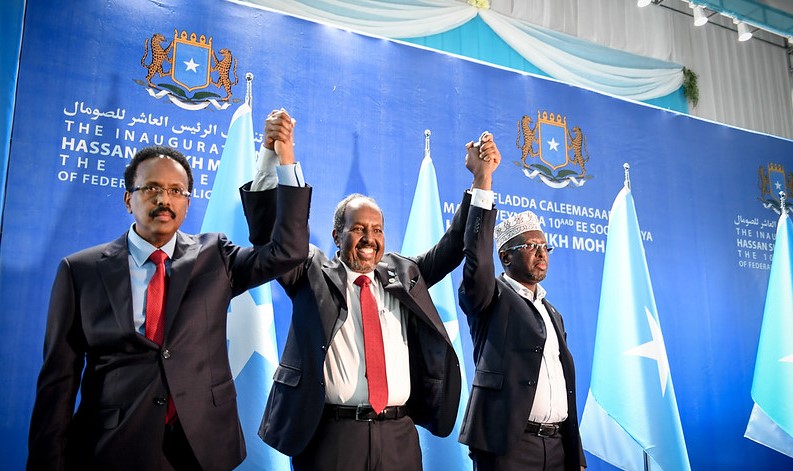
As the New Year unfolds, the public in Somalia just like other countries all over the world, is buoyant with many hoping to see their country continue to make positive strides in 2025 to help it move forward and improve its living conditions.
Somalis will remember 2024 as the year their country made historic achievements to advance its fledgling governance capabilities and maintain a positive trajectory that has seen the country remain relatively stable as it moves away from its troubled past.
More To Read
- Why Jubaland President visited Nairobi amid tension with Somalia federal government
- Somalia wants Ethiopia included in new African Union mission despite troop quota challenges
- Somalia's opposition says pacts with Ethiopian, other countries signed without parliament’s approval
- Somalia intensifies push to flush out ISIS elements holed up in Puntland’s Almiskaad mountains
In a New Year video message highlighting Somalia's 2024 achievements, the government recognised the past year as momentous, with issues such as the much-awaited UN arms embargo on the country being lifted as well as billions of dollars in foreign debts being cancelled, which will now help Somalia start from a clean slate and this is likely to spur development.
Other historic achievements noted by the government include Somalia's ascension into the East African Community (EAC), the liberation of many towns from Al-Shabaab's brutality and the prospect of the country holding elections in 2026.
Other Topics To Read
- Somalia
- President Hassan Sheikh Mohamud
- Somali UN Security Council
- Somalia
- somalia al shabaab
- Somalia debts
- Somalia East African Community
- somalia elections
- somalia ethiopia
- Somalia UN arms embargo
- Somaliland
- Somalia hopes for positive strides in 2025 as country moves away from troubled past
- Headlines
"The year 2024 has ended well for us. We have reduced foreign dependency, and we managed to overcome gigantic challenges that had proved to be obstacles to our national vision and priorities. These milestones have helped us move forward in our governance abilities and the growth of our economy. We are finally back to the big table where world decisions are made and we also got financial debt relief that for long curtailed our development," the message shared by the Ministry of Information said.
 The sector two Kenya Defence Forces serving in the African Union Transition Mission in Somalia (ATMIS) on Wednesday officially handed over the Burgavo Forward Operation Base, which is located near the Kenyan coastal region, to the Somali National Armed Forces in Jubaland. (Phoyo: ATMIS)
The sector two Kenya Defence Forces serving in the African Union Transition Mission in Somalia (ATMIS) on Wednesday officially handed over the Burgavo Forward Operation Base, which is located near the Kenyan coastal region, to the Somali National Armed Forces in Jubaland. (Phoyo: ATMIS)
UN Security Council member
The New Year couldn't have started better for Somalia. For the first time in 54 years, it will be a member of the UN Security Council which is a pivotal moment in a country that just two decades ago had no government and was considered a failed state.
In his response to this momentous period in Somalia's beleaguered history, President Hassan Sheikh Mohamud promised the world that his country would use its one-year UN Security Council tenure responsibly, promising to champion equity, unity, peace and justice for all, particularly the weak – a condition his country knows too well.
"For Somalis, this is an honour, respect and a very big responsibility. We promise to work with the other 15 UN Security members as well as all other nations. Somalia's vote will be a vote for peace, development, a vote against injustices meted around the world," President Hassan said in his address to the nation.
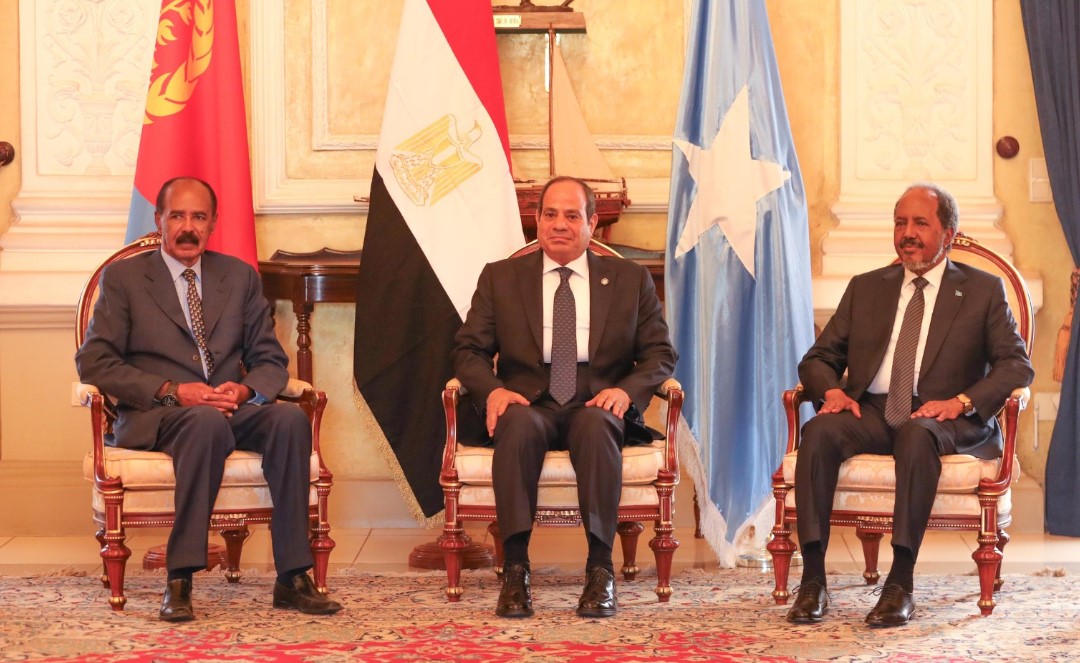 From left: Presidents Isaias Afwerki of Eritrea, Abdel Fattah El-Sisi of Egypt, and Hassan Sheikh Mahmoud of Somalia during their meeting in Asmara on October 10, 2024. (Photo: Handout)
From left: Presidents Isaias Afwerki of Eritrea, Abdel Fattah El-Sisi of Egypt, and Hassan Sheikh Mahmoud of Somalia during their meeting in Asmara on October 10, 2024. (Photo: Handout)
Universal suffrage
Last year might have set a higher bar for Somalia, but the country cannot now afford to sit back as there are important milestones expected to be reached in 2025 and beyond if it is truly to be considered a model state. Top in that list is setting up the entire country for its first universal elections in over half a century. The last popular elections were held in 1969.
That's not all. This year Somalia is supposed to also finally see its security forces taking over from African Union peacekeepers who have been propping them up since 2007.
In preparation to assume that role, Somali forces are proving themselves by taking on Al-Shabaab and holding grounds much to the admiration of many war-weary citizens.
However, for these and many more milestones to be reached, the country needs to cool down the current political temperatures and clan feuds threatening to derail its progress in achieving sustainable peace and development. In short, there is more work to be done ahead.
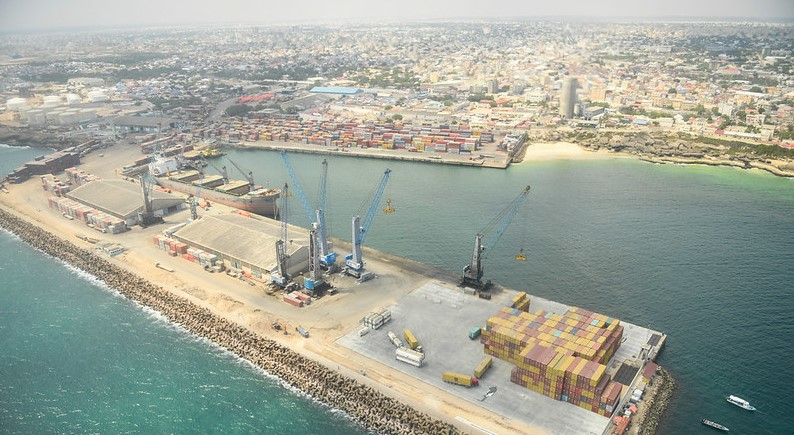 An aerial view of Mogadishu seaport with Mogadishu city in the background. (Photo: AUSSOM)
An aerial view of Mogadishu seaport with Mogadishu city in the background. (Photo: AUSSOM)
President Hassan is passionate about seeing the country hold popular votes. He, however, is facing internal opposition from two of the five federal member states, namely Puntland and Jubaland State, who argue that the country is not ready for universal elections and have accused him of haphazardly passing legislation in parliament without their consent as well through illegitimate means. The president, on his turn, says business cannot be as usual for Somalia and that the country must move forward.
In January last year Ethiopia, its perennial foe, tested Somalia's foreign policy maturity by signing an illegal agreement with Somaliland, a self-proclaimed northern enclave.
In a bid to check the Ethiopian undiplomatic overtures, Somalia hastened to forge closer ties including signing military pacts with two of Ethiopia's foes, Egypt and Eritrea, making real the famous saying, ‘your enemy's enemy is my friend’.
Political and security analyst Abdi Ali believes that the MoU between Ethiopia and Somaliland in January 2023 which promised Addis Ababa a maritime base in Somali in return for recognising Somaliland – an unrecognised self-declared northern enclave – was the biggest obstacle Somalia faced last year.
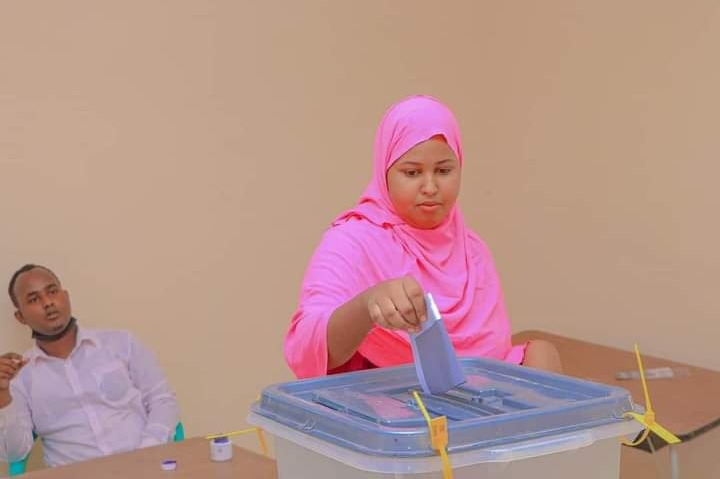 A Somali woman casts her vote during Puntland State civic elections. (Photo: Puntland Ministry of Interior)
A Somali woman casts her vote during Puntland State civic elections. (Photo: Puntland Ministry of Interior)
Turkish-led peace pact
Somalia's Foreign Minister Ahmed Moallim Fiqi concurs.
Speaking on Thursday, Ahmed said that the MoU tested Somalia's diplomatic maturity and nerves, and in his views, the country did well to help diffuse regional tensions largely due to "Somalia's patience and its maturity", ultimately leading to the Turkish-led peace pact with Ethiopia in Ankara, which is expected to be implemented in 2025.
"We ended the dispute with Ethiopia diplomatically and through wisdom and it was good for us to have ended that problem. Somalia is relieved about it and in this New Year we hope to move forward, achieve development, better security and achieve democratic credentials through universal elections," Ahmed said.
However, some people are still fearful that Somalia might turn into a chess board for a proxy war between Cairo and Addis Ababa, who are quarrelling over the Nile waters, and which has nothing to do with them.
"Now that Somalia and Ethiopia have patched up their differences, I hope Somalia moves forward to develop its economy and security. However, I am worried about a proxy war in Somalia between Egypt and Ethiopia should there be no strong policies to keep them apart. We certainly don't want to stir hostilities between our neighbours and friends," Abdi told The Eastleigh Voice.
Security analyst Mohamed Hussein said the arms embargo had for long curtailed Somalia from enabling its security forces to curb insecurity challenges exacerbated by Al-Shabaab threats that have wreaked havoc in the country since 2007.
Since Somalia's main problem has been insecurity, many ordinary people hope the country will continue to maintain the relative stability and peace the capital Mogadishu and the rest of the country enjoys, and that the Somali forces will finally stand up to be counted and take a firm hold of their country's security when, finally, the AU peacekeepers exit Somalia.
"Since the lifting of the arms embargo by the UN Security Council, Somalia has equipped its security organs to better deal with insecurity, reinvigorating its war on terror and leading to subsequent liberation of many towns from Al-Shabaab. We hope our forces are ready to fully assume the country's security responsibilities," Mohamed said.
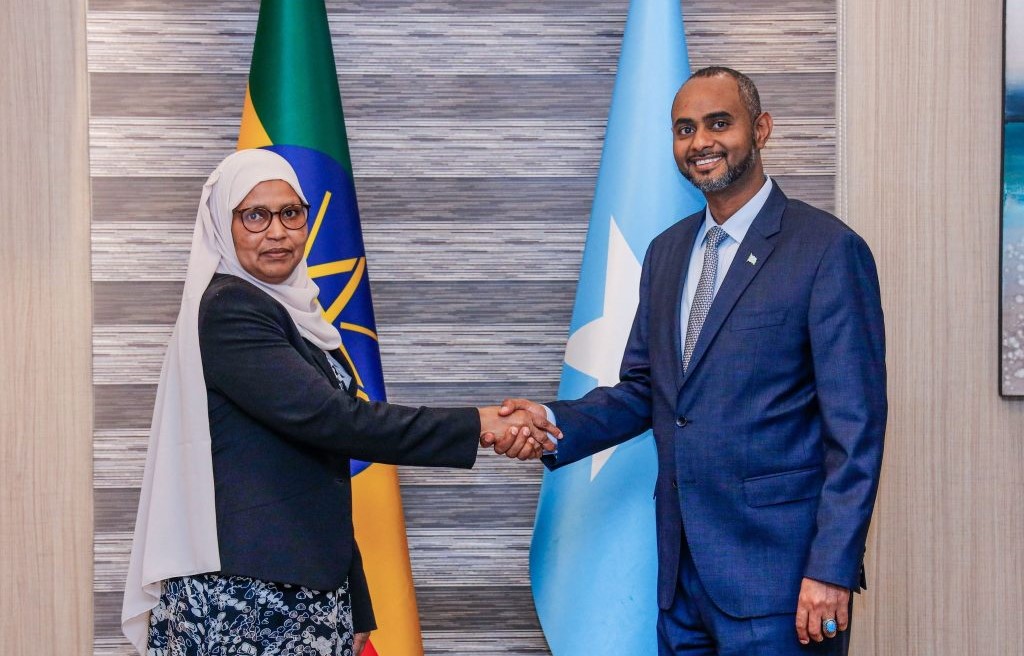 Ethiopia’s Defense Minister Aisha Mohammed (left) greets Somalia’s Defense Minister Abdulkadir Mohamed Nur Jama (right) during a high-level meeting in Mogadishu. (Photo: Ethiopia Ministry of Foreign Affairs)
Ethiopia’s Defense Minister Aisha Mohammed (left) greets Somalia’s Defense Minister Abdulkadir Mohamed Nur Jama (right) during a high-level meeting in Mogadishu. (Photo: Ethiopia Ministry of Foreign Affairs)
Debt relief
Another 2024 major milestone was the debt relief under the World Bank and IMF's Heavily Indebted Poor Countries Initiative (HIPCI), in which $4.5 billion of Somalia's previous debt owed to many countries was forgiven. On November 14 last year, the US officially signed an agreement with Somalia to forgive its $1.14 billion, the largest single component of the $4.5 billion.
"The huge debt had represented a significant financial burden on our country affecting our ability to grow and prosper as well as attain peace since we couldn't borrow money for development projects due to the lingering heavy debt. This badly curtailed our growth," Mohamed added.
Another major feat for Somalia last year was its joining the EAC in March.
Joining the EAC for Somalia brings a lot of benefits. The country will benefit through infrastructure projects such as roads, railways and energy networks as well as through trade to boost Somalia's economic development.
Given Somali people's entrepreneurial skills, many believe the EAC's estimated population of over 300 million people provides an excellent opportunity for Somali entrepreneurs and vice versa.
However, for ordinary Somalis, it is the simple things that matter for them.
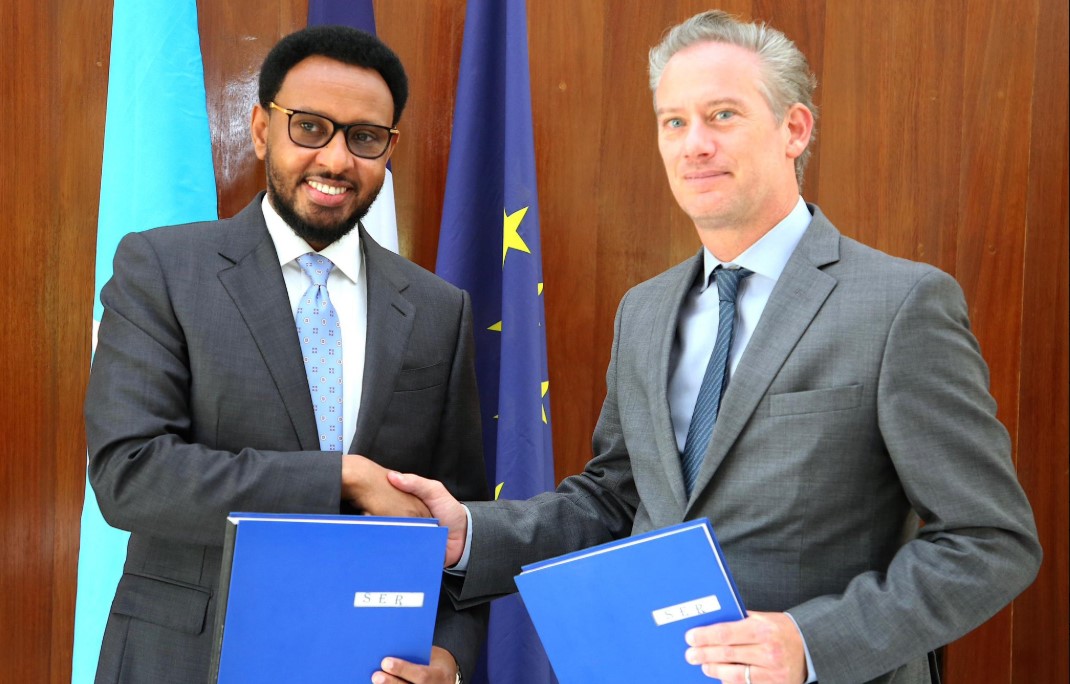 Somalia's Finance Minister Bihi Egeh (left) and French Ambassador Arnaud Suquet after finalising the debt relief process with the government of France totalling $145.6 million. (Photo: Handout)
Somalia's Finance Minister Bihi Egeh (left) and French Ambassador Arnaud Suquet after finalising the debt relief process with the government of France totalling $145.6 million. (Photo: Handout)
Basic services, jobs for youth
Many hope the government will prioritise the provision of basic rights and public service delivery like healthcare, free education, affordable electricity and fuel prices. Food prices are high and there are no opportunities for the youth.
These are some of the New Year hopes for many in Somalia.
"How will the government help the hundreds of youths graduating every year and have no jobs? For us as parents, the lack of opportunities for our youth is worrying. I struggle to pay for his university education and when he graduates, he sits at home frustrated. I hope the government will also cushion us from the high commodity prices; life is becoming unbearable for many poor families and in our country the majority are poor," Sadiya Yusuf, a mother of five children and a tea vendor in Mogadishu, told The Eastleigh Voice.
Somalia's economy is based on the US dollar, which is the main mode of exchange through electronic voucher currency (EVC) and Saad payments, just like M-Pesa in Kenya.
The only Somali currency in circulation is a tattered 1000-shilling note, which is seldom used, and with an almost constant rate. Current rates go at 29,000 Somali shillings to a dollar.
"In a country slowly emerging from ruins, progress is hard to quantify but many people simply hope to see the government offering basic services and for peace and stability to continue to be maintained in the New Year. That is what matters for many of us. We just want to put food on the table, have a roof over our heads and live in peace," Abdullahi Ali, a money changer and father of seven told The Eastleigh Voice.
Top Stories Today
